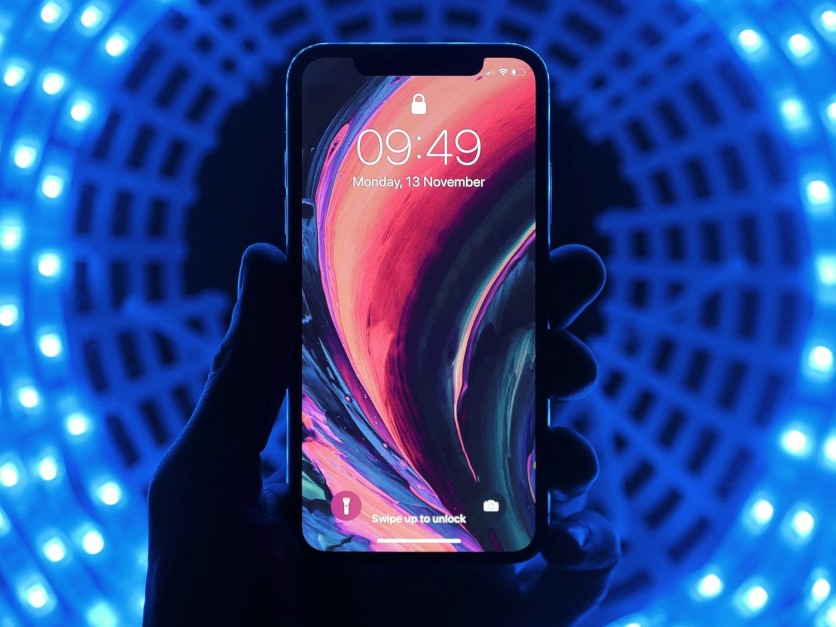The iPhone sales ban is now effective in Colombia. Ericsson, a Sweden-based 5G network provider, sued Apple because of 5G patent infringement. It is expected that the Cupertino tech firm will be facing another series of bans in other countries.
Apple vs. Ericsson: The Origin of Dispute

According to Patently Apple, the iPhone maker is currently "tied" to a new legal case because of patent infringement. This means that the sales and import ban for the handsets, as well as the iPad models supported by 5G capability, is now effective at the moment.
Speaking of the sour relationship between Apple and Ericsson, the Swedish company accused the former of infringing its patents when it came to implementing 5G to the handsets.
Ericsson should not be confused with another smartphone brand Sony Ericcson which originates from Finland. For those unfamiliar with the latter, it's the famous manufacturer of the Nokia brand.
Going back to the dispute, Ericcson said that the Cupertino titan has no plans of renewing the licenses upon using patented technology. The company expected that Apple would present a better deal when it came to 5G rollouts.
The case became more intense when the iPad maker filed a lawsuit against Ericsson in late 2021. Apple said that the 5G firm had bypassed the FRAND terms. In short, the Cupertino company said Ericsson was too unfair in charging fees for the patent license.
As a response, Ericcson hit back at Apple with a new legal suit. The tech giant responded with another filing back to the 5G network provider.
As a result, the two companies punished one another with an import ban on their products.
Related Article : Sweden's New Smartphone Ban Law Will Prevent Students From Using Handsets in Classrooms!
5G iPhone Sales Ban
As per 9to5Mac, Apple could not sell iPhones and iPads with 5G technology in Colombia. Additionally, the company could not import the products, as well, to the same nation.
Outside the stoppage of 5G device selling, Apple should further communicate with retailers and other platforms and warn them about the implementation. This will guarantee that the iPhone pioneer will comply with the terms.
Apple could rely on an "antisuit injunction," which means that it could void the current ruling for the iPhone sales ban in Colombia by communicating to other countries.
To entirely suppress Apple, the Colombian court decided to give a final judgment so it could not resort to this legal tactic. Through an "anti antisuit injunction," Apple could no longer use it.
Apart from that, Ericsson accused Apple of doing "double standards" for some reason. Here's what Foss Patents wrote.
"In one or more of its filings with a court in the Colombian capital of Bogotá, and in Friday's filing with the U.S. court, Apple criticized Ericsson's tactic of filing multiple Colombian patent infringement actions with different courts (one action per patent). A sworn declaration by Apple's Colombian counsel (Brigard Castro's Juan Pablo Cadena Sarmiento) describes this as "an improper attempt of forum shopping until [Ericsson] obtains a favorable decision allowing Ericsson to exclude Apple from the Colombian market" [...]
Apple tried to deny Ericsson with an emergency injunction and accused the latter of dodging a jurisdiction from the Eastern District of Texas. To avoid the decision, the iPad maker shut down two stores in the district.
In the future, the iPhone sales ban in Colombia would mean a huge disaster for Apple. Since Ericsson succeeded in banning the import and sales of the company's devices, it is expected that the decision will soon be effective in other countries outside South America.
Read Also: Federal Judge Dismisses Apple Lawsuit About Ethnically Diverse Emoji Characters
This article is owned by Tech Times
Written by Joseph Henry
ⓒ 2025 TECHTIMES.com All rights reserved. Do not reproduce without permission.




